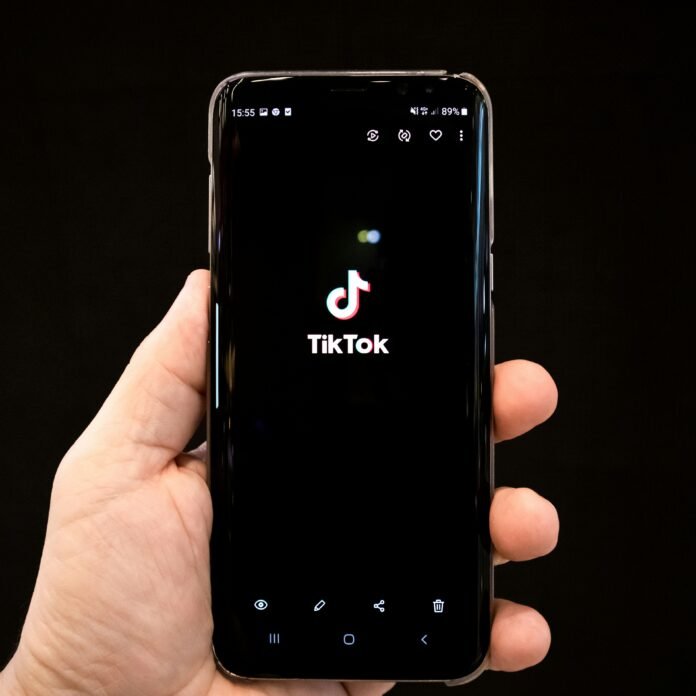From Trending to Trouble: TikTok’s Path to a Potential Ban
Once a hub for viral dances, comedic skits, and short-form storytelling, TikTok is now at the center of a political storm that could lead to its ban in the United States as early as April 5. The app, owned by Chinese tech giant ByteDance, is facing increasing scrutiny over national security concerns, putting its future in jeopardy.
A History of Concerns
The U.S. government’s concerns about TikTok aren’t new. Since 2020, officials have questioned whether ByteDance’s ties to China could compromise user data privacy and national security. While TikTok has repeatedly denied sharing U.S. user data with the Chinese government, lawmakers remain unconvinced.
In recent years, TikTok has attempted to appease critics by moving U.S. user data to servers managed by Oracle, a U.S.-based company, and establishing a transparency center in Los Angeles. But for many lawmakers, these efforts have fallen short.
The Bipartisan Push
In March 2025, the U.S. House of Representatives passed a bipartisan bill that could lead to TikTok’s ban unless ByteDance sells the platform to an American company. The legislation, titled the Protecting Americans from Foreign Adversary Controlled Applications Act, gives ByteDance a strict deadline — April 5 — to divest its stake or face app store removal and internet service restrictions.
President Joe Biden has signaled that he would sign the bill if it reaches his desk. The legislation has drawn broad support from both Democrats and Republicans, uniting lawmakers under a common banner of data protection and national security.
TikTok’s Response
TikTok has pushed back hard, calling the legislation an infringement on free speech and an overreach of governmental authority. In a statement, the company said, “This bill would trample the First Amendment rights of millions of Americans and set a dangerous precedent for government control over technology.”
The company has also mobilized its user base, with influencers and content creators speaking out against the potential ban, citing the platform as their livelihood. The hashtag #SaveTikTok has trended across various social platforms in recent weeks.
What Happens Next?
If ByteDance does not sell TikTok by the April 5 deadline, app stores such as Apple’s App Store and Google Play may be forced to delist the app in the U.S. Internet providers could also be required to block access, though enforcement details remain unclear.
Meanwhile, a legal battle is likely. Experts anticipate TikTok would challenge the ban in federal court, arguing that it violates constitutional rights and lacks concrete evidence of wrongdoing.
Global Impact
The U.S. is not alone in scrutinizing TikTok. India banned the app in 2020, citing similar national security concerns. Several other countries have restricted its use on government devices. A full ban in the U.S., however, would send shockwaves through the tech industry and global regulatory landscape.
As the April 5 deadline looms, the fate of TikTok in the U.S. hangs in the balance. Whether the app survives, gets sold, or vanishes from American screens, one thing is clear — the age of unchecked social media dominance is facing a new chapter of geopolitical challenge.




